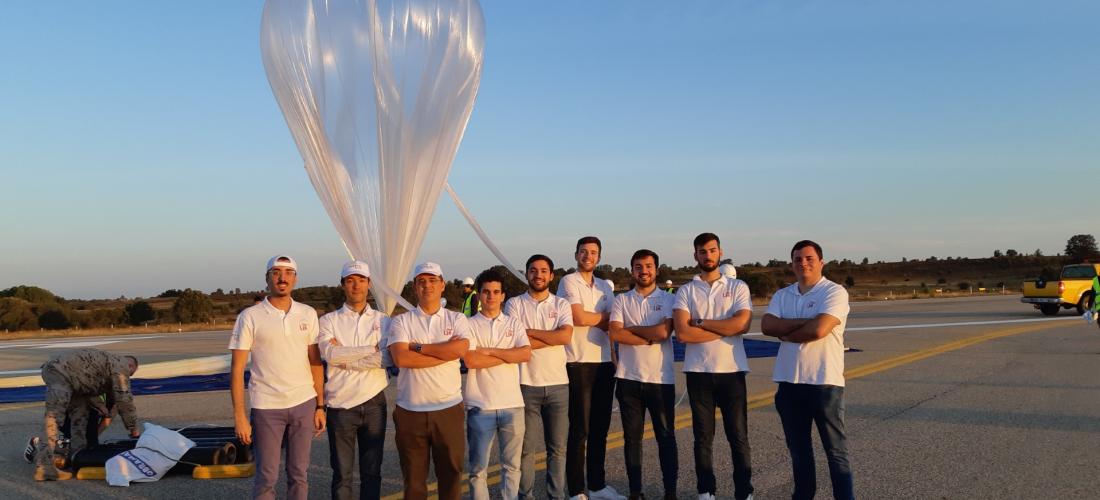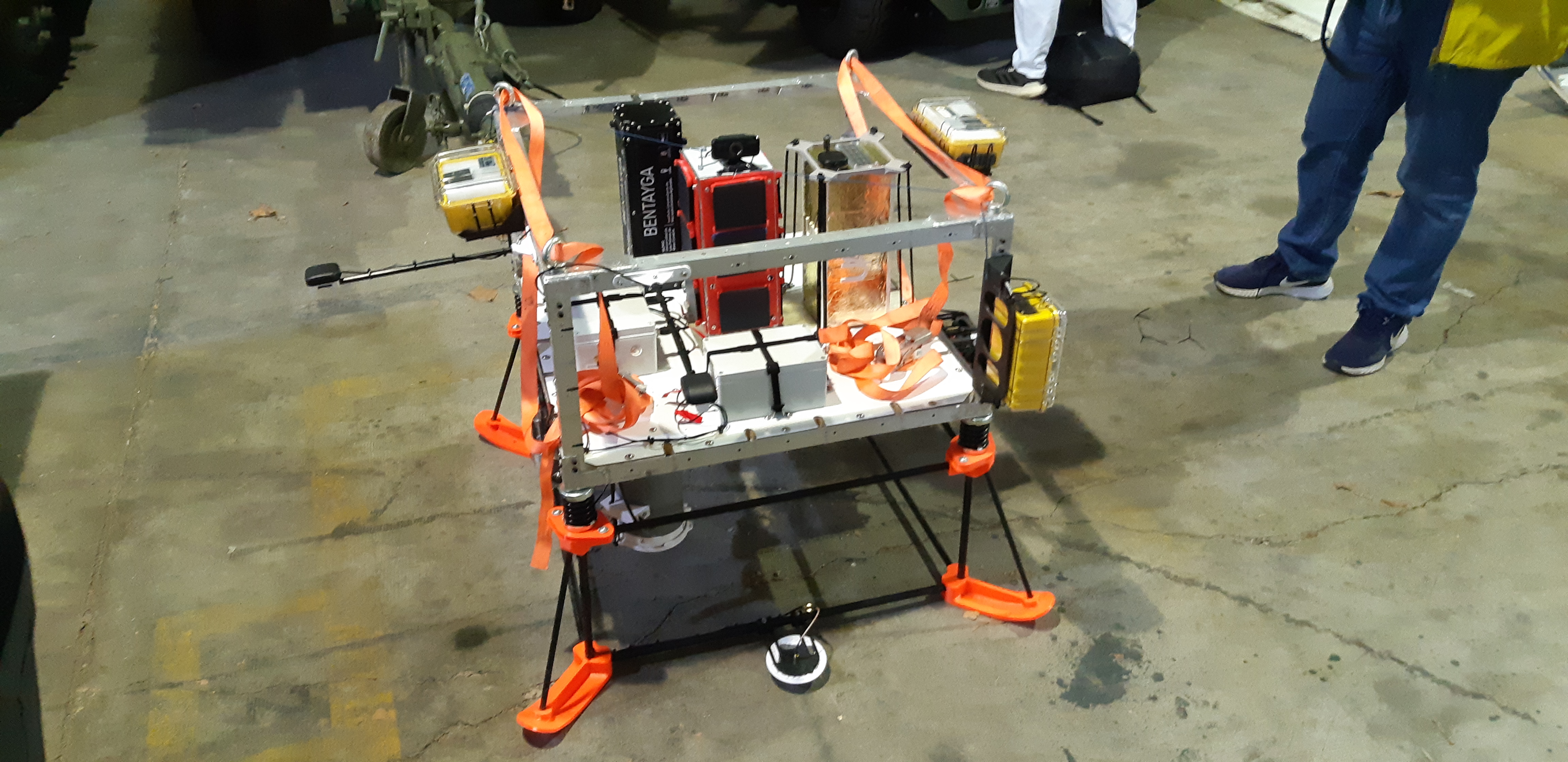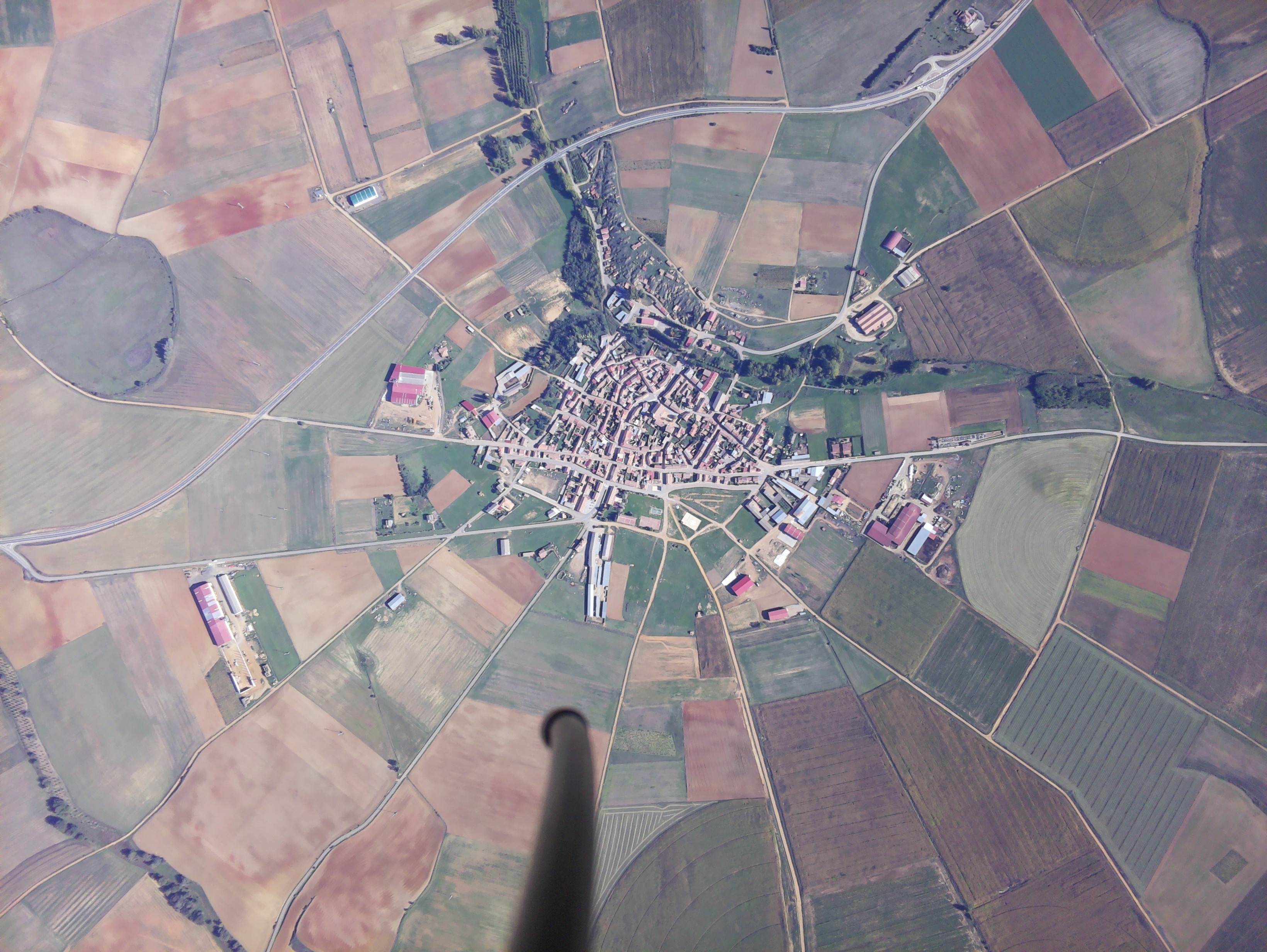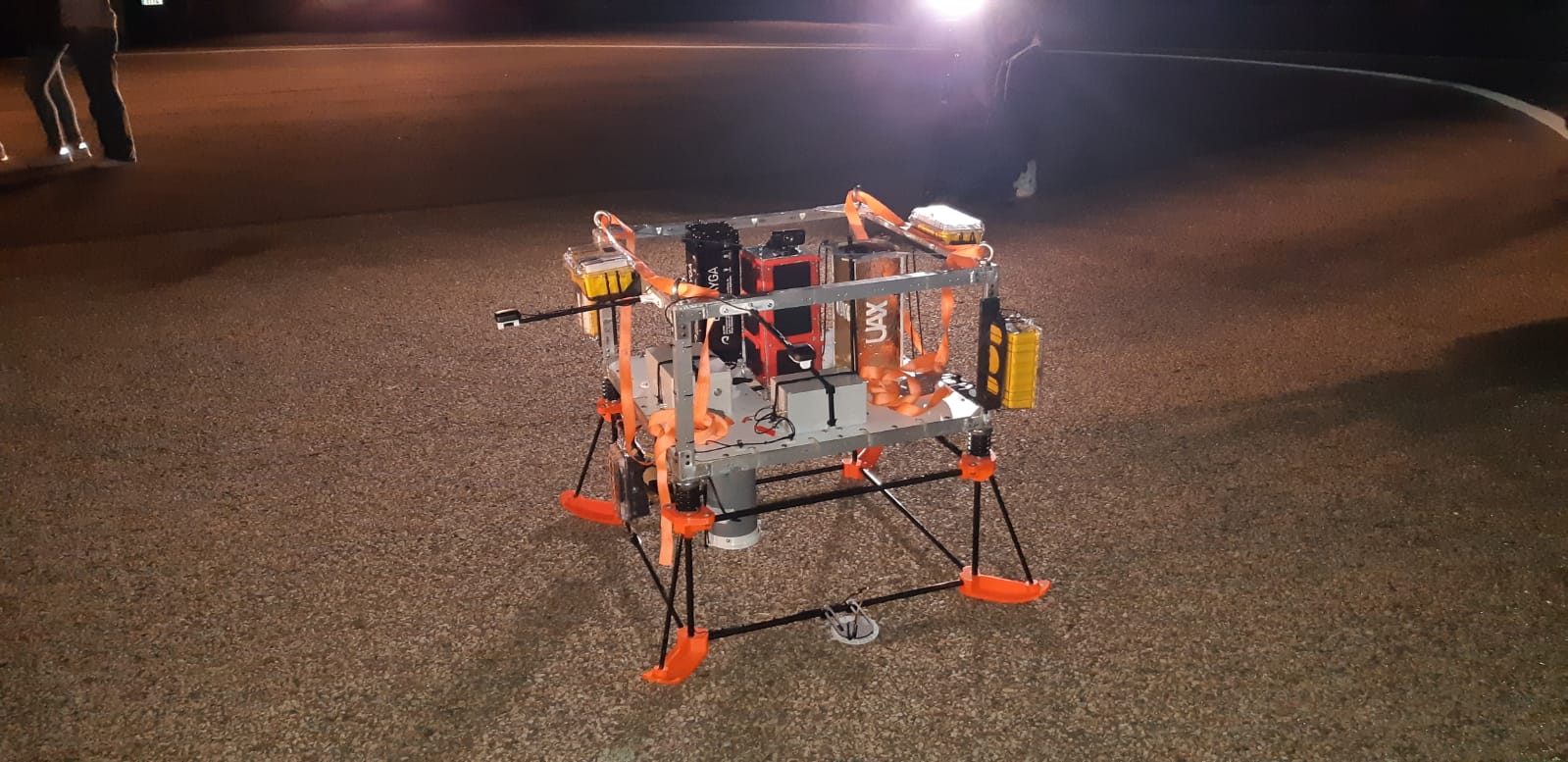The FyCUS 23 team successfully launches a pseudosatellite to the edge of space
The FyCUS 23 team successfully launches a pseudosatellite to the edge of space
A group of students from the Higher Technical School of Engineering and the Higher Polytechnic School of Engineering of the University of Seville, led by Professor Dr. Francisco Rogelio Palomo Pinto, today presented the results of the FyCUS 23 'Fly your Cubesat' project after successfully passing the launch phase at the León airfield on October 4, 2023. The FyCUS program is an initiative of the vice-chancellor's office for knowledge transfer and entrepreneurship of the University of Seville that aims to complement the training of our aerospace engineering, electronic engineering and business management students through the practical application of their knowledge on a mission. real stratospheric.
On the occasion of World Space Week 2023, they have presented the results after the launch phase of the project, whose objective has been to create a High Altitude Pseudo Satellite (HAPS) in a 3U cubesat compatible format. In addition, the group has developed and mission tested a prototype of an automatic tracking antenna from the ground, operating in the 433 MHz UHF band. The students have had the opportunity to design, build, test and operate their Fycus23 pseudosat, launched from the base of the Air and Space Army in León, where the entire team moved last week.
It was in this phase that the team was able to fulfill the project's mission: to place a pseudosat with 3U cubesat format at the edge of space using a stratospheric balloon with the FyCUS23 vehicle mounted on a gondola. The pseudosatellite was recovered in working order. The launching company has been B2Space. In the gondola, in addition to our FyCUS23, there were three other pseudosatellites developed by the University Institute of Applied Microelectronics of the University of Las Palmas de Gran Canaria (Bentayga), the Alfonso X el Sabio University (UAX) and by B2Space itself ( 1UCube).
The mission reached an altitude of 19 km with a duration of 2 hours and 39 minutes, making a controlled landing north of Gordaliza del Pino, province of León. The FyCUS23 vehicle is itself a prototype design that could be used for future missions. It is powered by monocrystalline solar panels and rechargeable batteries. On board it carries a power control computer (EPS, Electrical Power System), a flight computer (OBC On-Board Computer) and a payload computer (PLOC, Pay Load On board Computer).
The EPS manages the on-board electrical power according to thermal conditions, lighting conditions and battery status. The OBC is responsible for commanding telemetry and navigation and environmental sensors (IMU, GNSS, thermometers and barometer). The payload bay carries the PLOC to record in its solid-state memory the photographs and video obtained by two cameras, one for overhead observation of the terrain and another orientable panoramic one with horizon vision. Telemetry uses the IoT LoRA protocol at UHF 433 MHz. Onboard heating uses slow-release exothermic bags, appropriate to the duration of the mission. On the ground, a robotic antenna is used for automated tracking by primary locking to the GNSS position of the vehicle and secondary locking to the received signal power.
Vehicle, avionics, sensors, tracking antenna and all the necessary software have been developed and integrated by the FyCUS group, with the support of the STCE (Secretariat of Knowledge Transfer and Entrepreneurship) and the ETSI (Higher Technical School of Engineering), both from the University of Seville.
Likewise, after the presentation of the project results, a round table was held where representatives of the main sponsors of FyCUS2023 participated: Solar Mems Technologies, Indaero Grupo Emergy, TEMAI Ingenieros, DINEL (Department of Electronic Engineering) and the Department of Engineering Aerospace and Fluid Mechanics from the Higher Technical School of Engineering of the University of Seville.
The "Fly your Cubesat" is an international program, started in 1999 in a joint project of the California Polytechnic State University (Cal Poly) and Stanford University, in which in addition to developing technological skills such as design, manufacturing or flight control, we are looking for people who are involved in carrying out other tasks necessary for the success of a mission, counting on a multidisciplinary group of students.



